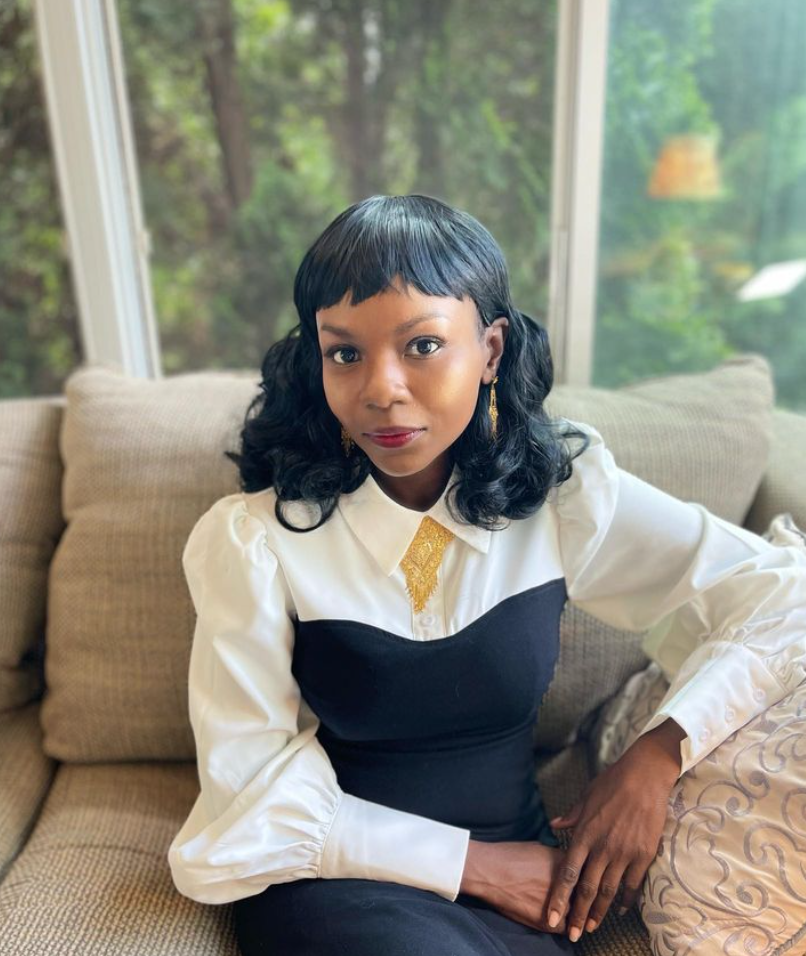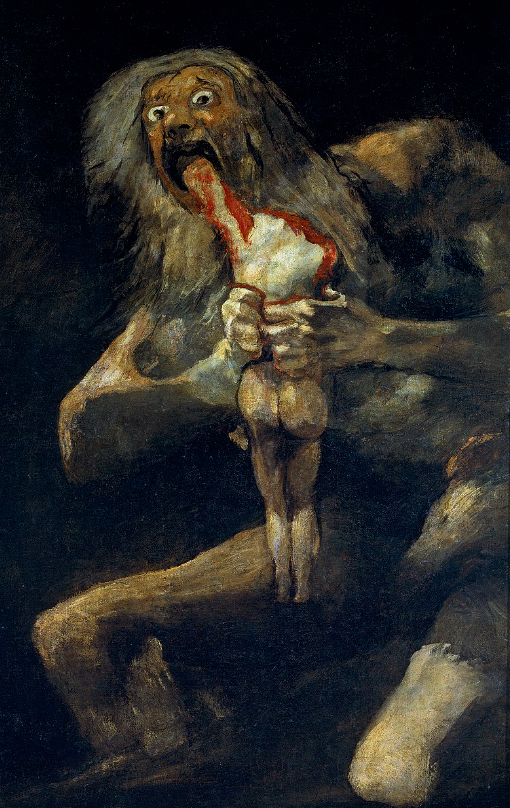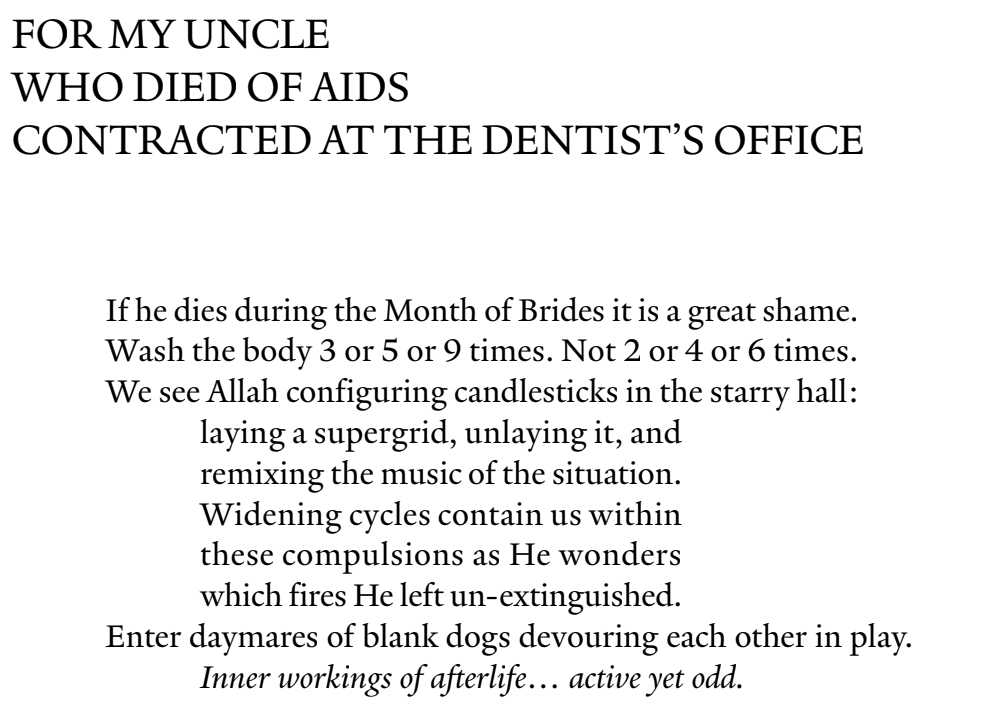An interview with Mary-Alice Daniel
by Lisa Marie Basile
I would love to hear all about your recent creative journey and pursuits and, of course, your coming books, A Coastline Is an Immeasurable Thing and Yale Younger Poets Prize winner Mass for Shut-ins. I love talking to writers who work across genres, especially. So let’s dive in. What’s happening creatively right now?
I considered myself primarily a poet till 3 years ago when I started my first book of prose, a nonfiction work that accidentally morphed into a memoir. It began as an inquiry into the hidden Black history behind the state of California, which was named after a Black warrior queen from 16th-century Spanish mythology. The book came to include the origin stories of my West African ancestors—then sprawled to encompass my immediate family’s migrations across 3 continents. A Coastline Is an Immeasurable Thing will be published by HarperCollins/Ecco Press on November 29th. It’s now available for preorder at major and independent bookstores.
While I was in the intensive editing endgame of my memoir, Rae Armantrout sent an email that changed my life. Mass for Shut-Ins, my first book of poems, and a project spanning a decade, won the Yale Younger Poets Prize. It’s coming out in March 2023, and I’m now in the frantic final stage of its own editorial process. Three warning signs illustrated within the manuscript headlined the press release announcing my win. Perhaps concerningly, that number has doubled to 6. I offer something obsessive, ominous. My favorite observation about the volume is: “What drew me to your book—the darkness made it stand out. True darkness.”
Mary-Alice Daniel via Instagram
Wow, what a response: “What drew me to your book—the darkness made it stand out. True darkness.”
As both a reader and writer, I have always been drawn to darkness myself, to the layers beneath what we reveal, to the uncomfortable, to the almost ineffable language of sorrow. How do you manage the dark when writing? Do you ground yourself, do you dive head-first into it, or does it alchemize into something else when you write about it?
For some reason, when I read this question, I was immediately reminded of a cheesy Bane quote in the last movie of the Dark Knight trilogy. Tom Hardy says, "You think darkness is your ally. But you merely adopted the dark. I was born in it, molded by it."
Probably because of the fundamentalist tenor of my religious upbringing, it's the nature of my brain to perceive everything as a preamble to the prospect (promise?) of Hell. I keep my fingers crossed that I'm wrong about that eventuality, but... it's a concern. Writing is one way I sift through the ideas of damnation and doomsday that I've internalized.
Can you tell us a bit about your general creative process? I’m interested in the quirks and rituals and obsessions writers have. Or, you know, maybe it’s mundane. Basically, how does the Muse exist within you?
I start worrying about some little idea that perplexes me. An absurd aspect of human nature; the oddity that is the English language (my second); the internal logic of a conspiracy theory or cult practice. I then spend literal years unpuzzling it, piece by piece. I’ll spend one whole day fussing over the punctuation of a single line; I’ll waste the entirety of the next day changing everything right back. There’s a natural byproduct of this waste, though; I learn things.
And what about your inspirations? Who are they, and how do they influence your work as a writer or creative? How might they have influenced your recent work?
My favorite musician now is Sufjan Stevens. When I listen to him, I feel that connection between those who inherited an imposed faith, a fraught relationship with the spirits. It’s been with us both since birth, seen in our relatively unusual names. He was the Midwestern kid with a Muslim name; I have a Christian one despite my overwhelmingly Islamic ethnic group, the Fulani of Niger/Nigeria.
The most magnificent work of art I’ve ever seen is Goya’s Saturn Devouring His Son. A+ nightmare fuel.
The one book I recommend to people (I generally don’t) is Sum by David Eagleman. It presents 40 possible versions of an afterlife, written from the perspective of a neuroscientist with a sublime imagination, a whimsical style. When I’m up all night, harassed by the dread of death—I really, truly, honestly have to die one day?—every once in a while, I get almost excited for some great ride ahead.
Deadpan stand-up comedy is the soundtrack to all my writing sessions.
“I’ll spend one whole day fussing over the punctuation of a single line; I’ll waste the entirety of the next day changing everything right back. There’s a natural byproduct of this waste, though; I learn things. ”
Throughout this interview series, I’ve been asking writers to share a bit about how their religion, culture, or heritage shows up in their work. What about for you?
If I do a reverse engineering of my work, I see that one of its most significant elements is syncretism, which I define as “the phenomenon of disparate religious traditions colliding.” My native tribe is nearly synonymous with Islam, but I was raised by Evangelical parents in what they made a field of “spiritual warfare.”
Around the ill-defined edges of this apocalyptic battlefield, the indigenous religions of Nigeria survive—within my family, mostly in the form of superstition and credence in curses. I think of poetry as remaking an original cosmology from these contrastive influences.
This is so powerful: "Around the ill-defined edges of this apocalyptic battlefield, the indigenous religions of Nigeria survive—within my family, mostly in the form of superstition and credence in curses. I think of poetry as remaking an original cosmology from these contrastive influences.”
Can you share one or two lines, or even a poem, that inhabits/gives life to this merging of influences?
Mary-Alice Daniel: Here is an excerpt from "For My Uncle Who Died of AIDS Contracted at the Dentist's Office.”
Was there an a-ha moment that led you to write or create? Was there an experience that reaffirmed what you do and why?
“Around the ill-defined edges of this apocalyptic battlefield, the indigenous religions of Nigeria survive—within my family, mostly in the form of superstition and credence in curses. I think of poetry as remaking an original cosmology from these contrastive influences. ”
When I lived in Connecticut for 3 of my tween years, I walked home in half-light. After school, 4 p.m., it was already getting dark. My portable CD player got me through those depressing walks: inside it spun the songs of Joni Mitchell, Paul Simon, and Fela Kuti. I wanted to sing lines like theirs. I can’t sing, so I write.
Who are a few contemporaries/mentors/writers who have made an impact on you?
Only 3? This is a really hard question. Of dozens, the first who come to mind are: poet Safiya Sinclair, who is my role model even though we’re the same age; Kwame Dawes at Prairie Schooner, who champions my work; Elizabeth Scanlon at American Poetry Review, who likes my weirdest stuff.
And finally, what might be your biggest piece of advice to a writer?
Find critics of your work who practice radical honesty. We all have blind spots; they are dangerous.
Mary-Alice Daniel was born in northern Nigeria and raised in England and Tennessee. After attending Yale University, she received an MFA from the University of Michigan and a PhD in English Literature and Creative Writing from the University of Southern California. Mass for Shut-Ins, her debut poetry collection, won the 2022 Yale Series of Younger Poets Prize. Her first book of prose, A Coastline Is an Immeasurable Thing: A Memoir (HarperCollins/Ecco Press) will be released on November 29, 2022.


































